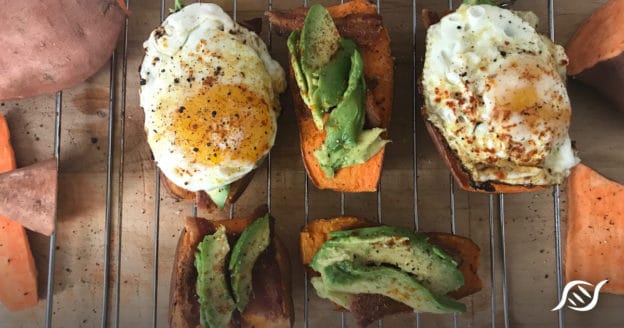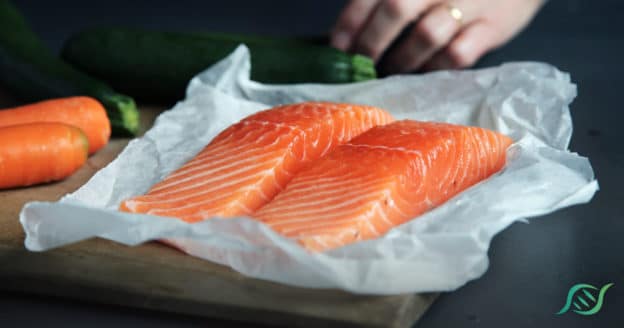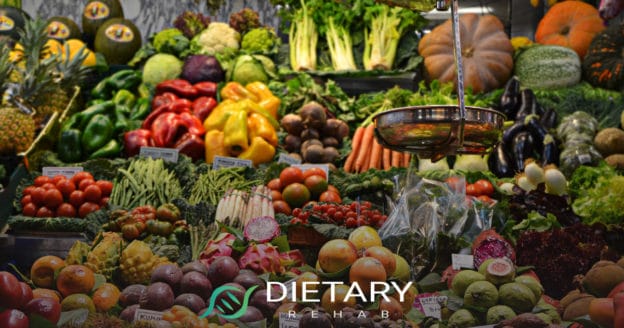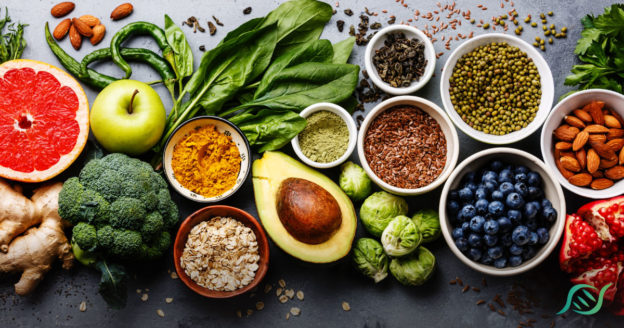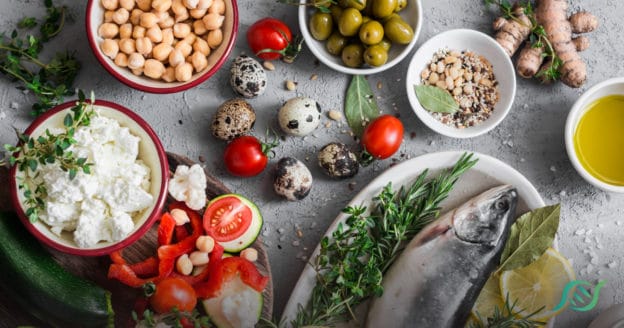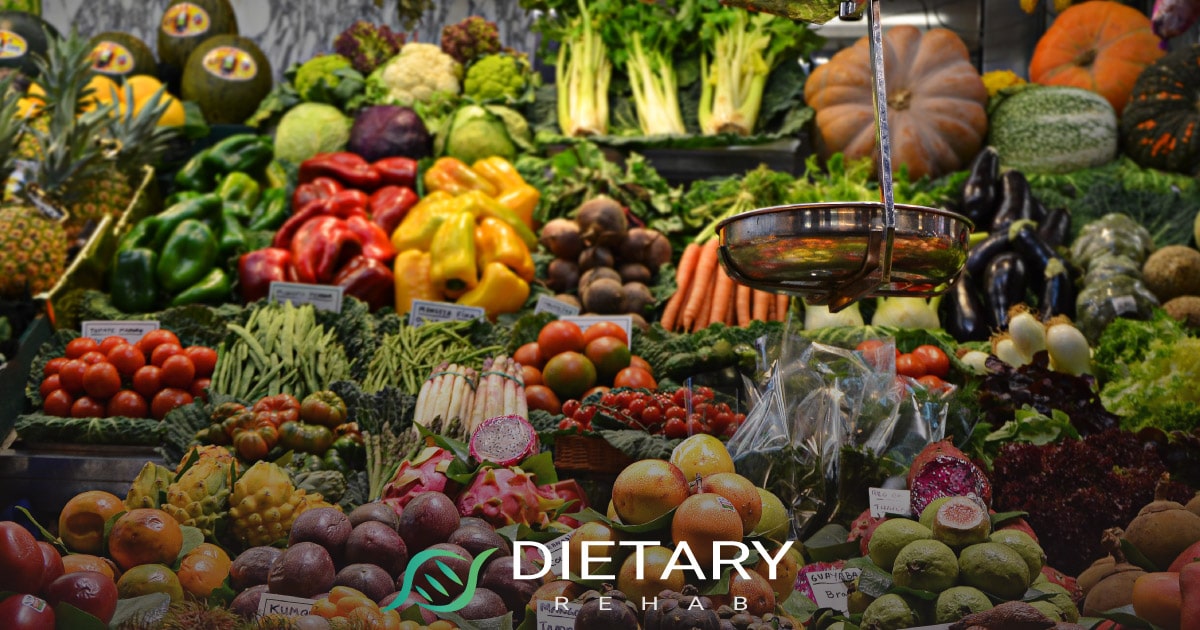
Every year new fad diets and fat-burning techniques gain popularity, but more often than not fizzle out very quickly. The next trend invariably takes its place or dieters notice adverse effects that can come with trendy but unhealthy diets. This year, keep an eye out for the following four healthy food trends that can be positively life-altering. By making a few easy changes to your dietary routine, you can experience surprising results beyond weight loss.
Why Are These Trends Valuable?
The beginning of a new year typically encourages people to make important changes that set them up for success in the coming year. Gym memberships spike in January as many Americans decide to start working out, but this trend often loses steam within a few weeks to a few months. This cycle starts again with a new round of New Year’s Resolutions the following year.
What many people fail to realize is that exercise is only one part of the process in losing weight and staying healthy. Proper diet is much more important. In fact, it’s possible to lose weight and become healthier just by changing eating habits, with little to no need to work out extensively. A few dietary changes and light exercise can lead to tremendous results; all it takes is discipline.
Alternatives to Dairy Milk
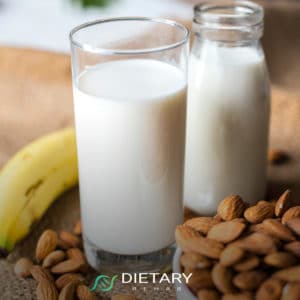 Dairy milk alternatives like soymilk, almond milk, and oat milk are some of the most popular choices for people who struggle with lactose intolerance. But these dairy alternatives also offer some unique health benefits over regular dairy milk. Most alternative milks like oat milk and almond milk come fortified with calcium and vitamin D, the essential nutrients most people absorb by drinking dairy products.
Dairy milk alternatives like soymilk, almond milk, and oat milk are some of the most popular choices for people who struggle with lactose intolerance. But these dairy alternatives also offer some unique health benefits over regular dairy milk. Most alternative milks like oat milk and almond milk come fortified with calcium and vitamin D, the essential nutrients most people absorb by drinking dairy products.
Alternative milks can be a great option, even for those individuals who do not struggle with lactose intolerance. An unsweetened and fortified plant-based milk can offer better vitamin density and more well-rounded nutrition than regular dairy milk, with only has a fraction of the fat. These alternative milks only taste slightly different than dairy milk, and there are sweetened, unsweetened, and even flavored varieties.
More Plant-Based Options
The vegetarian and vegan lifestyles may not be for everyone, and many Americans enjoy eating meat on a regular basis. However, some significant health issues arise with overconsumption of red meat and other animal proteins. Many Americans do not eat enough fruits and vegetables on a regular basis, and plant-based alternatives to foods like bread, tortillas, and even macaroni and cheese are helping people get their daily servings of fruits and veggies.
Some examples to look for in your local grocery store include:
- Plant-based alternatives to potato chips, such as vegetable crisps, sweet potato or beet chips, and kale chips
- Healthy snacks like roasted chickpeas instead of pretzels or other fatty snacks
- Banana puree ice cream in lieu of fatty dairy-based ice cream
- Shredded jackfruit instead of pulled pork; this odd fruit contains a high vitamin density and tastes exactly like pulled pork when prepared correctly
- Infused breads, such as whole-grain breads baked with sun-dried tomatoes, beets, and other vegetables.
Food marketers have learned that labeling some foods as “vegetarian” or “vegan” does not appeal to most consumers. Americans who do not follow vegetarian or vegan lifestyles tend to automatically dismiss such foods as unappealing. About 50 percent of U.S. consumers report that these plant-based food products need to offer more variety and more appetizing flavor choices. Marketers have started to change the way they advertise these foods, hopefully encouraging some Americans to add plant-based foods and snacks into their daily routines.
Learning to Love Omega-3s
Omega-3 fatty acids are one of the most important nutrients, but the typical American diet does not usually include the foods with the densest concentration of Omega-3 fatty acids. The best natural source of these vital nutrients is fish, and most Americans do not eat fish as part of their regular diets.
Luckily, fish food product manufacturers have started offering more accessible and varied canned and pouched options, such as tuna lunch kits that come with seasonings and whole grain crackers and even infused salmon. Anyone thinking of incorporating fresh fish into his or her diet should take time to research a few recipes and try to learn new ways to prepare fish in appetizing ways. If fish is not for you, there are some plant-based food options rich in Omega-3 fatty acids, such as:
- Some vegetable oils like canola oil, soybean oil, walnut oil, and flaxseed oil
- Hemp hearts and ground flaxseed; easy additions to yogurt, oatmeal, and even salads
- Ground flaxseed as a substitute for butter when cooking
- Walnuts
- Edamame
Plenty of dietary supplements contain Omega-3 fatty acids, but beware: The Food and Drug Administration (FDA) reports that on average, an individual should consume no more than three grams of Omega-3 fatty acids per day. Any more may result in gastrointestinal discomfort or even bleeding in people who take anticoagulants for certain medical conditions.
Foods Infused with Cannabis
Cannabis laws have changed dramatically throughout the United States in the last decade, with most states having legalized medical marijuana and even recreational marijuana for adults in some. Other states are less liberal with their cannabis laws and restrict which cannabis-based substances are acceptable for sale and consumption. Cannabidiol (CBD) is one of the active compounds in cannabis that does not cause psychoactive effects but does offer relief from many types of pain.
Cannabis-infused foods aren’t solely for medical marijuana patients; CBD oil is a great health supplement for just about anyone. CBD can aid sleep, improve symptoms of post-traumatic stress disorder, and ease symptoms of anxiety. Most CBD-infused foods are gummies, candies, and sodas that may not be the healthiest options, but CBD-infused coffee could be a healthy addition to anyone’s morning routine.
These are just a few of the health trends gaining popularity right now. Ultimately, making better eating decisions is a personal choice. Consider these health trends and start thinking of ways to make positive changes in your diet that work for you.

